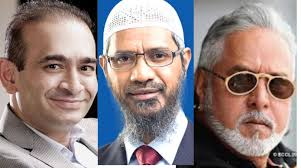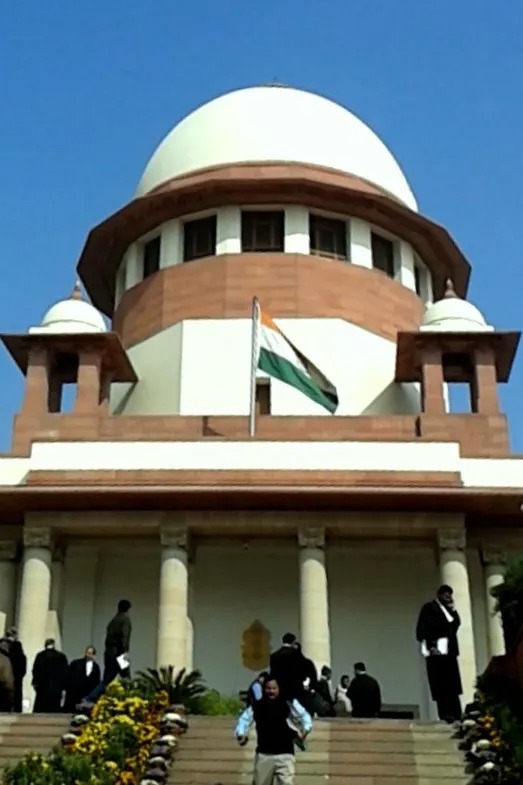1. In this application, under Article 226 of the Constitution of India, the petitioner has questioned the order of his suspension at Annexure-3 on the
ground that none of the ground for suspension is made out. As such, the same suffers from arbitrariness as well as is violative of the legal right of the
petitioner to continue in public service.
2. Petitioner was working as Block Development Officer at Charpokhari Block in the district of Bhojpur. On 11.01.2017, the petitioner was trapped
while accepting bribe of rupees twenty-five thousand by the Vigilance Authorities and Patna Vigilance Case No.2 of 2017 was registered. Petitioner
was taken into custody.
3. Thereafter the petitioner was released on bail in the aforesaid criminal case on 22.03.2017. Vide order dated 20.02.2017, the petitioner was put
under suspension for the period when the petitioner was in jail. The said suspension order was revoked on 09.05.2017 vide order at Annexure-C from
the date of joining of the petitioner on 23.03.2017.
4. By the impugned order dated 11.05.2017, the petitioner was again put under suspension with effect from 23.03.2017 on the ground of pendency of
the aforesaid criminal case.
5. Learned counsel for the petitioner submits that the impugned order suffers from arbitrariness as none of the grounds mentioned in Rule-9 of the
Bihar Government Servant (Classification, Control and Appeal) Rules, 2005, whereunder orders of suspension are passed. He further submits that
putting the petitioner under suspension with retrospective effect is itself bad-in-law because no other incriminating material was there in between the
date of joining of the petitioner dated 23.03.2017 and the date of impugned order.
6. Learned counsel for the State-respondents opposed the prayer of the petitioner for the reason that the authorities have exercised their discretion
according to law as investigation of a serious criminal charge was already going on against the petitioner. Rule 9(1) of the Bihar Government Servant
(Classification, Control and Appeal) Rules, 2005, reads as follows:
“9. Order of Suspension.-(1) The appointing authority or any authority to which the appointing authority is subordinate or the
disciplinary authority or any other authority empowered in that behalf by the Government by general or special order, may place a
government servant under suspension when-
(a) a disciplinary proceeding against the Government Servant is contemplated or is pending, or
(b) in the opinion of the authority aforesaid, the government servant has engaged himself or herself in activities prejudicial to the interest of
the security of the State, or
(c) a case against the government servant in respect of any criminal offence is under investigation, inquiry or trial and the competent
authority is satisfied that it is expedient to suspend the Government Servant in public interest.â€
7. Evidently, the impugned order or counter-affidavit does not show that any departmental proceeding is completed or pending against the petitioner.
Likewise, the impugned order does not reveal that there was material for satisfaction that petitioner engaged himself in activity prejudicial to the
interest of the security of the State. There is nothing in the impugned order to speak that suspension of the petitioner was in the “public interestâ€.
Rule 9(1)(c) aforesaid was considered by a Bench of this Court in CWJC No.8229 of 2014, a copy at Annexure-5, and the Court held that the order
of suspension must be speaking that it was passed in the public interest.
8. In my view, none of the requirement to pass the order of suspension under the aforesaid Rules is made out in the matter of petitioner. Hence, the
impugned order suffers from arbitrariness and is violative of the legal right of the petitioner. Accordingly, the same is quashed and the petitioner is
ordered to be reinstated with all benefits which have been withheld by the authorities.
9. At this stage, it is brought to the notice of the Court that suspension of the petitioner has already been recalled by the authorities on 17.11.2020.
However, the petitioner is not getting any post and salary.
10. It is at the discretion of the authorities concerned to assign or not to assign any work to the petitioner. However, petitioner would be entitled for
salary after reinstatement which have been withheld by the petitioner. Petitioner would be entitled for dues of his salary, if any, of the period to which
the petitioner had worked prior to suspension.
11. By order dated 11.02.2021 cost of Rs.1,000/-(One thousand) was imposed against the respondent for non-filing of the counter affidavit. The
counter affidavit was filed on the very next day. The reason for non-filing of counter affidavit within time appears to be acceptable. Hence, the
respondents are exonerated from the cost imposed vide order dated 11.02.2021.
12. The writ application stands allowed.

